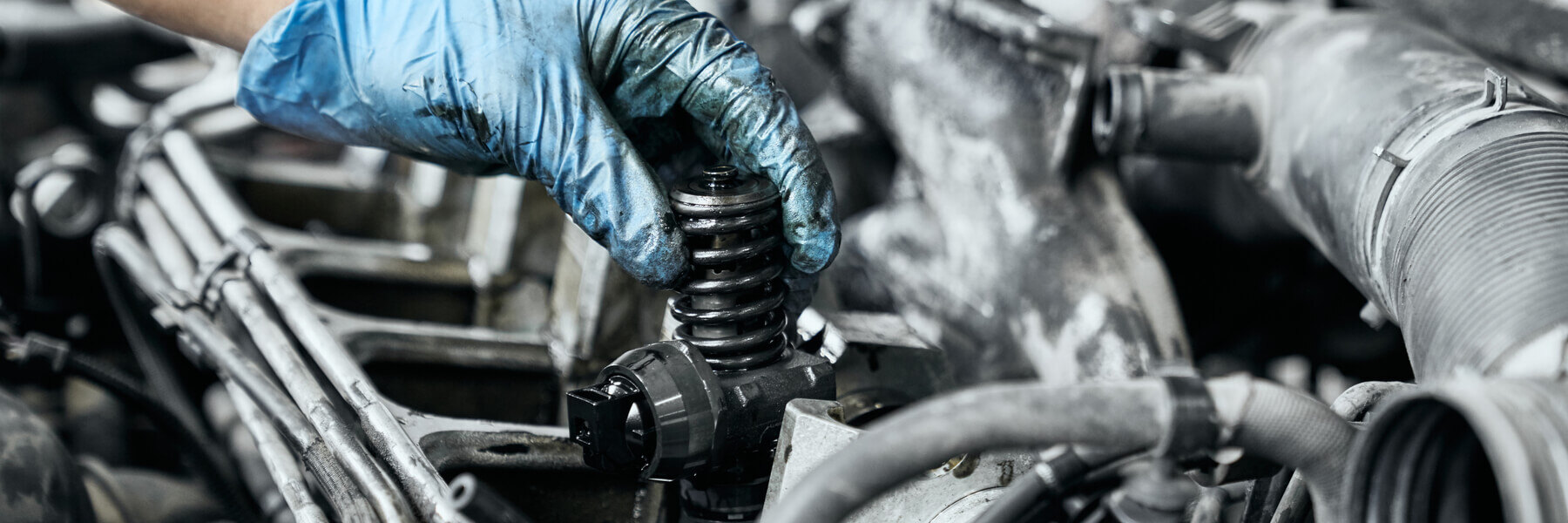Diesel engines are incredible machines and have experienced significant technological advancements in recent years. The key to appreciating the benefits of new technology like biodiesel, lower emissions, and more is to take care of your diesel vehicle and keep it running smoothly.
Diesel Engines and Auto Maintenance
Auto maintenance is a big priority for anyone who cares about their car, wants to save money by preventing major repairs in the future, and likes to drive an automobile that runs well.
Diesel engines require a little bit more 'know-how' and greatly benefit from having a highly-skilled mechanic who is knowledgeable in a variety of diesel engines as your main repair point of contact. The team at Naylor's Auto Repair has an expert crew with tons of experience on diesel engines and is the go-to repair team in the Boise area for anyone looking for a good diesel mechanic.
Keys To Understanding Diesel Engines
As you're finding your best car repair partner, here are the critical things to remember about diesel engine maintenance.
Fuel Additives Are Essential
While non-diesel engines do not require fuel additives regularly, diesel engines do. In a diesel engine, these fuel additives are included with oil changes and used to maintain the performance and integrity of your diesel engine. The fuel additives prevent corrosion and damage from the diesel running constantly through the engine. Also, without assistance from additives, the diesel in your engine could start to create a gel consistency and not properly flow through the engine. This could cause extensive damage in the future. In order to maintain its competitive fuel economy and towing capabilities, this additive maintenance is essential.
Oil Change Frequency
In a non-diesel engine, oil changes are required every 3,000 to 5,000 miles in most models, despite the manufacturer. This is because the oil and the fuel used in these engines burn through the oil much quicker than diesel does with its engine oil. Diesel engines require oil changes every 7,500 to 10,000 miles, stretching out this maintenance to once or event twice a year. This difference is substantial because having the oil changed in the same manner as a non-diesel engine is a waste of time and money.
Inspect and Fill Coolant Regularly
While having the cooling inspected and filled is a recommendation for a non-diesel engine, it is a requirement in the diesel engines. This fuel has a tendency to run hotter than non-diesel engines and the coolant is required to maintain that temperature and keep the engine operating appropriately. The purpose of the coolant is to transfer the heat from the engine and release it out safely while maintaining the engine's temperature. Without coolant, the temperature cannot be maintained properly, causing it to overheat in warm months or freeze up when it is cold out.
Diesels are Worth the Cost
Because of these required maintenance services on a diesel engine, the engine wear is designed to be much less than a regular non-diesel engine. In addition to the better fuel economy and the minimal engine wear, diesel maintenance services are worth the additional cost of services compared to non-diesel engines. Even though they cost more when it is time for services, there are still savings to be had because the maintenance schedule is less than non-diesel engines.
Be Prepared For Changes With A Diesel Engine
Many are making the switch to diesel engines because of the durability and the fuel economy that is unmatched by non-diesel engines. They are designed to tow and haul for thousands of miles between services. Diesel engine maintenance service is not the same as non-diesel engine options and diesel owners should be prepared for the differences. Everything from cost and frequency to what is needed changes when you make that switch to the diesel engine.
Contact Naylor's Auto Repair for Diesel Expertise
For auto expertise that spans a variety of vehicles and isn't partial to a dealership, talk to Naylor's Auto Repair today.



